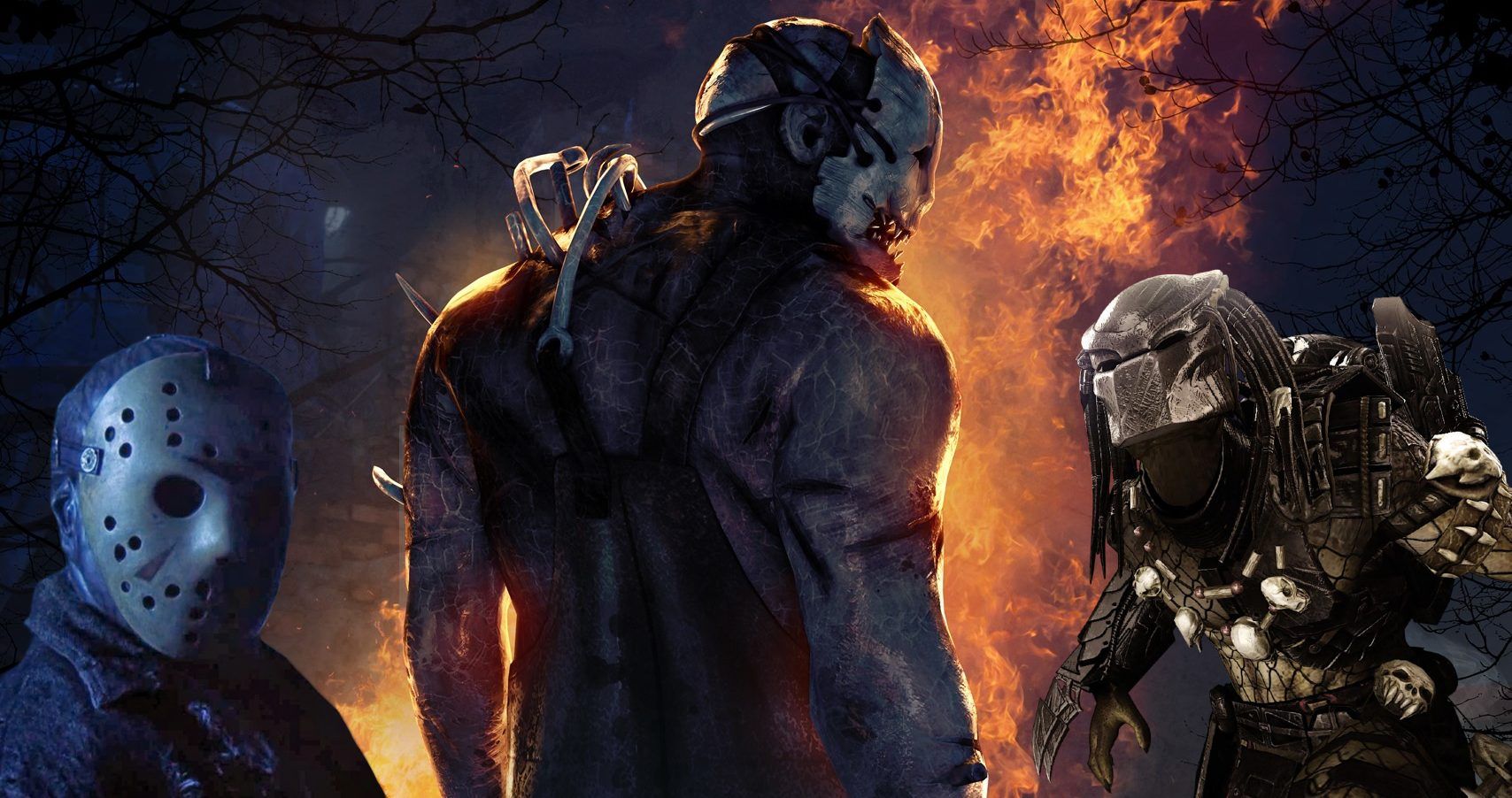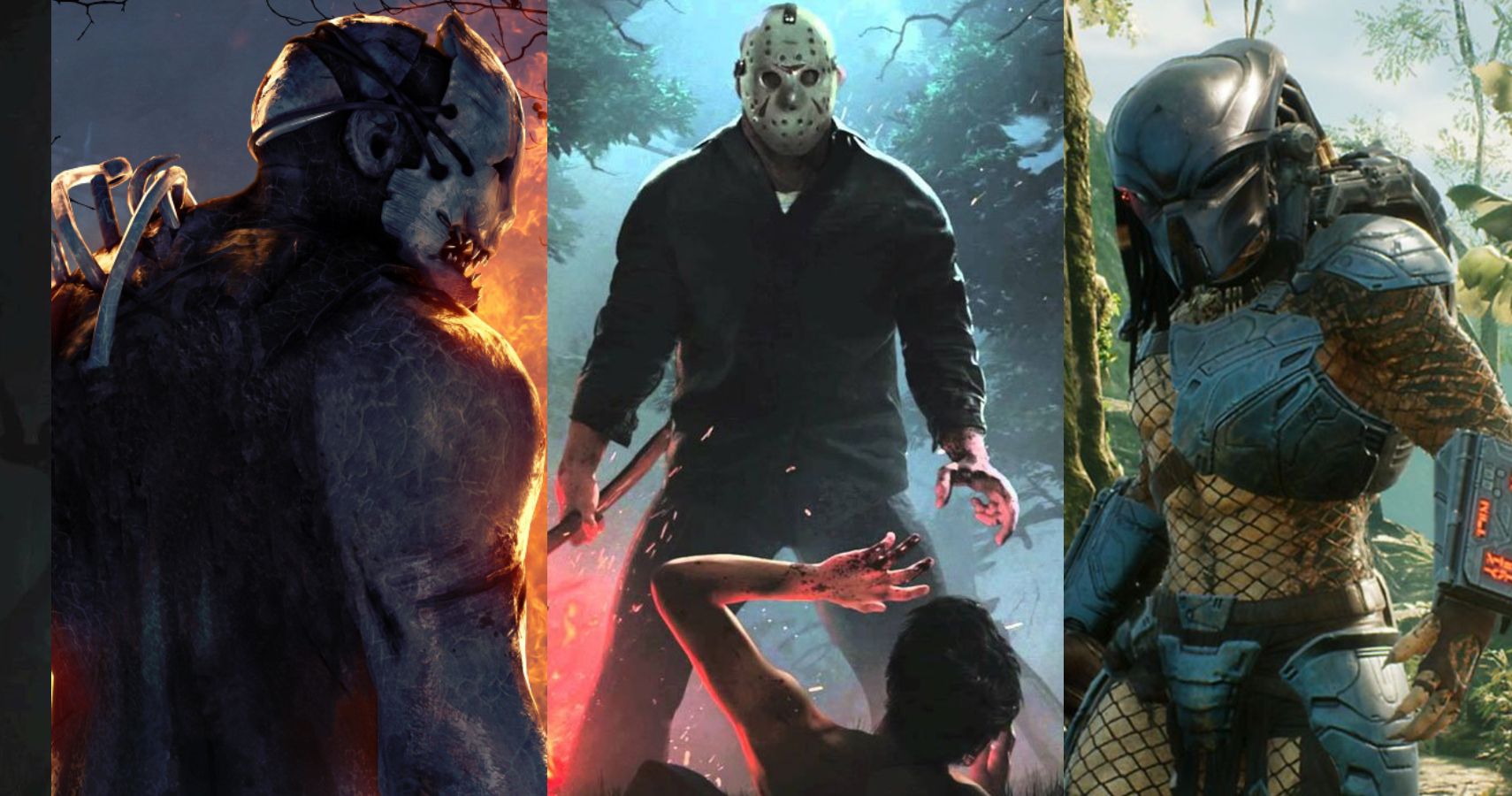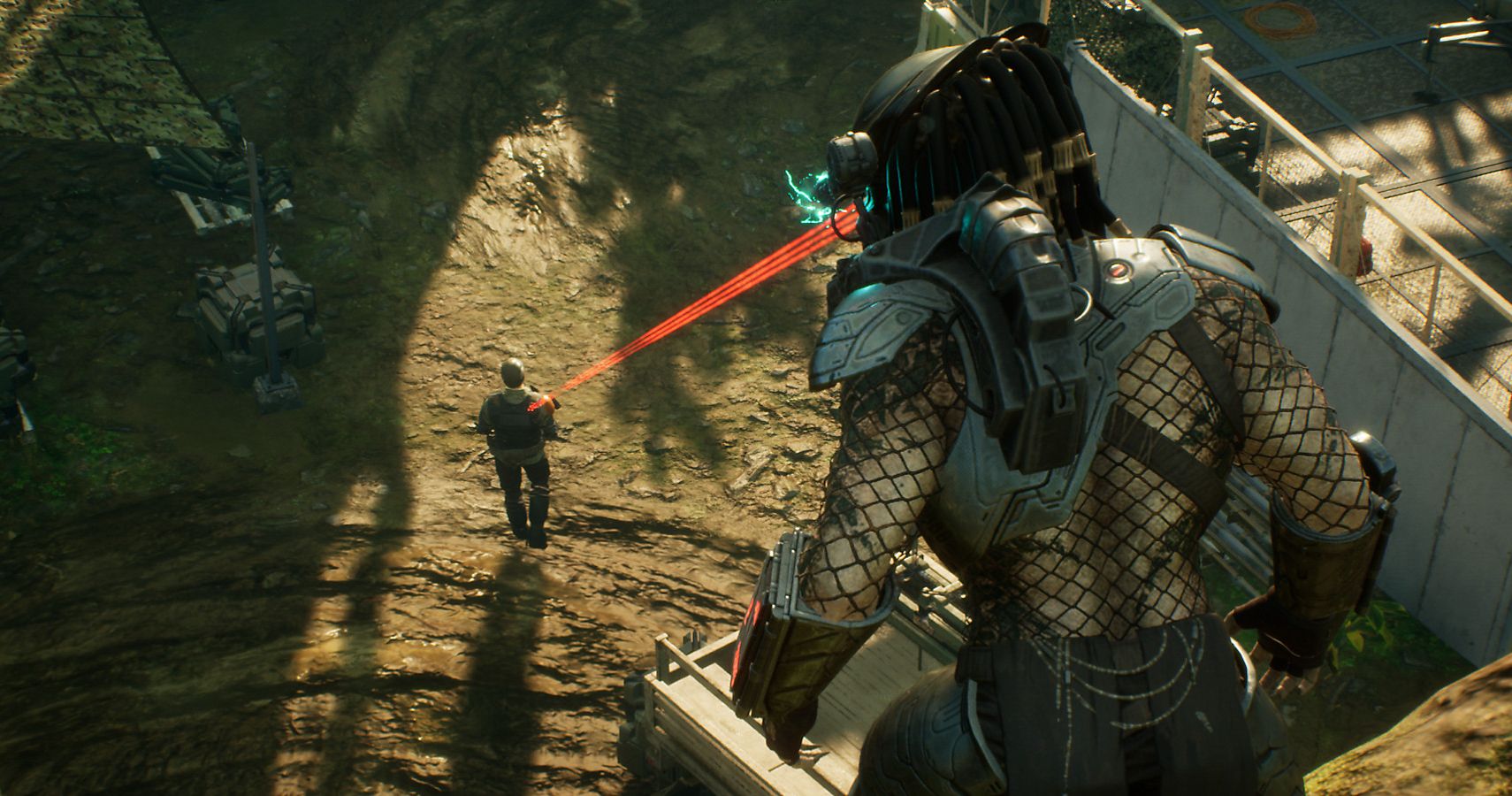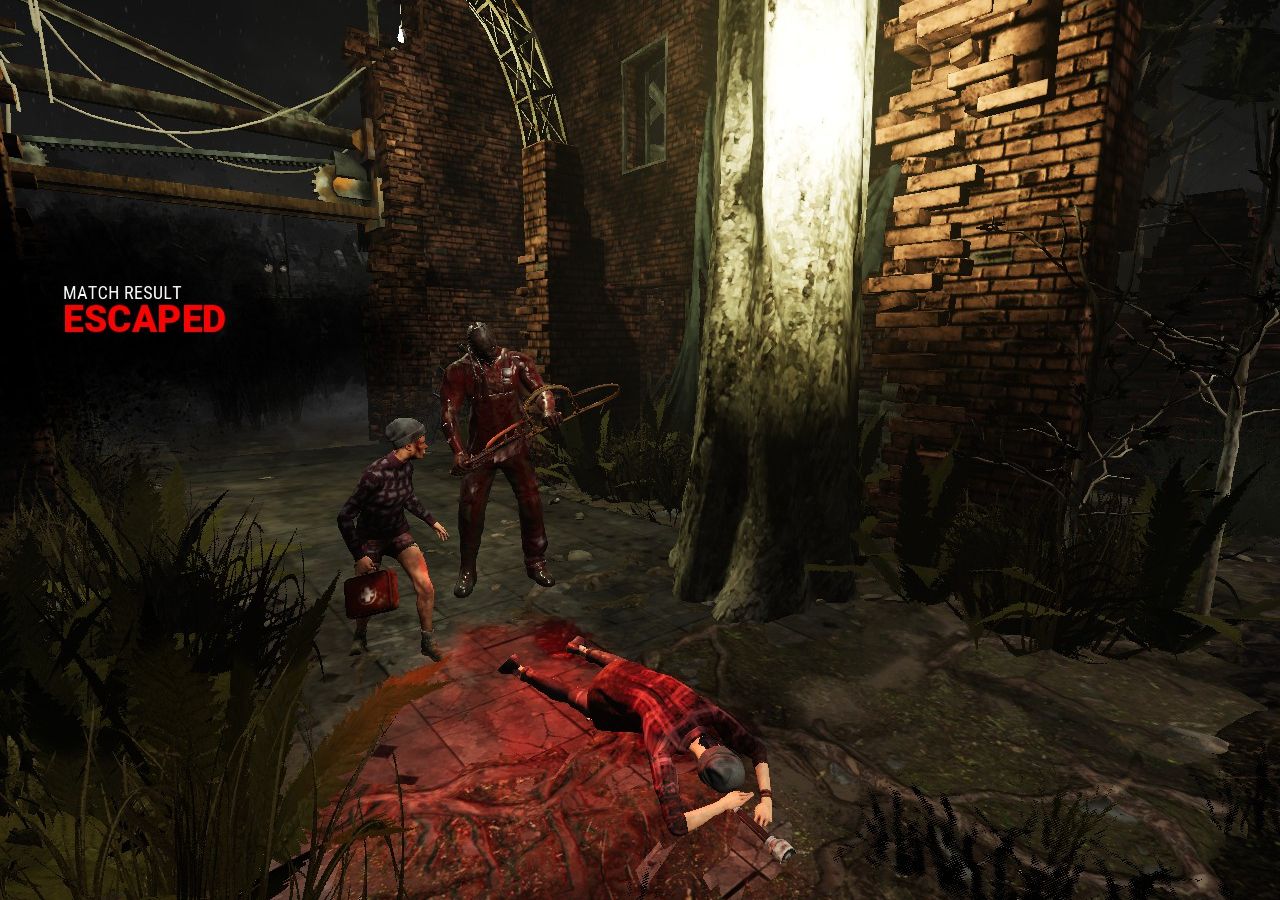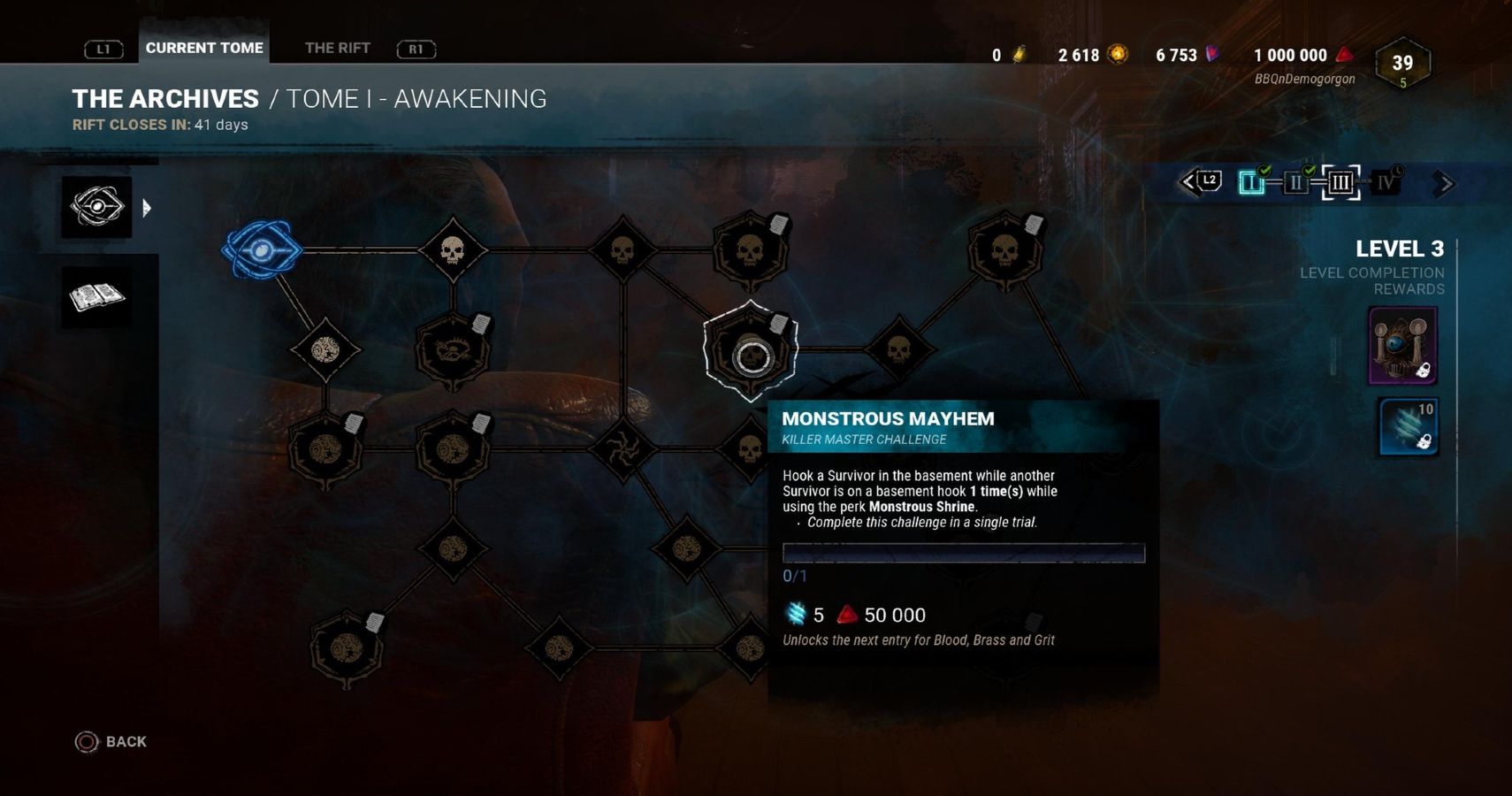Winning and losing at video games can often be measured by clear, quantifiable objectives, but the same is not true of several contemporary asymmetrical PvP titles. How does one quantify success in games that pit players against one another with conflicting objectives and tools?
The Evolving Genre Of Asymmetrical Games
For the unaware, symmetrical games make all players equal in terms of rules and the tools available to them. Chess, checkers, and rock, paper, scissors are some of the oldest in history. Examples of early asymmetrical video games feature active selection processes for players.
Fighting games like Street Fighter 2 or have opposing players working towards the same objective of defeating the other but can choose between different tools to accomplish this goal, with one of many distinct fighters.
The Modern Asymmetrical PvP Game
Asymmetrical games, on the other hand, are competitive games in which one or more player has drastically different power level and set of tools from the other players. Games like Dead by Daylight, Predator: Hunting Grounds, and Evolve have done an excellent job in creating asymmetrical worlds where both sides have wildly different power levels, objectives, and playstyles, effectively creating two games in one.
Dead by Daylight and Predator: Hunting Grounds, at their most basic level, are the same. One player takes on the role of a killer or hunter, and the other four players must survive or escape by completing a series of objectives within either a time limit. With such distinct roles, how can one define “winning”, especially when there are so many possible outcomes?
Winning, Losing, And Everything In-between
In Dead by Daylight and Predator: Hunting Grounds, a match can resolve itself in a number of ways:
- The killer or hunter finds the survivors or Fireteam together and quickly kills them all, ending the match in a matter of minutes (or the Fireteam quickly kills an inexperienced Predator)
- The survivors or Fireteam evade the killer or hunter and accomplish their objectives quickly, finishing the match with little or no interaction between the two.
- There is a healthy balance of give and take on both sides, and in the end, one side is victorious by a narrow margin. This could mean that a killer or hunter does a lot of damage to the team (multiple hooks or downs, but no kills), or that all objectives are complete, only for everyone to die right before escaping.
- A survivor or Fireteam member completes most objectives, deals with the killer or hunter, and engages in altruism but ultimately dies themselves.
These are among the most common outcomes to a match in these kinds of games, and one would be hard-pressed to find two matches that ever play out in the same way. With such distinct possible outcomes, how exactly does one measure success?
Measuring Success Is Individualistic, But Developers Can Help As Well
In both games, players will find that they are rewarded with Blood Points and rank, or experience points, by engaging in a broad range of activities. A survivor in Dead by Daylight who repairs generators quickly and escapes safely but by chance never encounters the killer or had the opportunity to engage in altruistic actions may have “won”, but their quantifiable post-match rewards will be minimal, and they may even lose a rank.
Has a player truly won in that regard? It will ultimately depend on the goals of the player. If they sought to merely escape, then they have won, otherwise, that match might feel underwhelming, or even punishing.
Ultimately, a major part of that feeling comes down to what each player expects to get out of a match, and even then, the outcome is often out of their control as these are online PvP matches. For some, victory is doing their best with the resources they have, which amounts to their teammates. For other players, anything less than total victory is unacceptable, which is why some survivors or Fireteam members leave a match the moment something does not go their way.
An unoriginal but effective solution that Dead by Daylight has recently incorporated is the Battle Pass system, known as The Rift. This provides yet another method of quantifying individual success even when winning through traditional objectives is not achieved, and it is fantastic in its implementation.
Predator: Hunting Grounds is in an interesting spot right now, as the game has only released two weeks ago but with many players, this writer included, capped at level 100 with no more weapons or perks to unlock. The game is fantastic and worth playing solely for its gameplay, but will that be enough to sustain a player base in a game that cannot exist without a healthy number of Fireteam and Predator players? No, it is not, and that is why we are so excited and hopeful to see what Illfonic has in store for its year-long roadmap.
It is no easy task to create titles like Dead by Daylight and Predator: Hunting Grounds, but we are thankful to those who do and hope to see more in the future.

